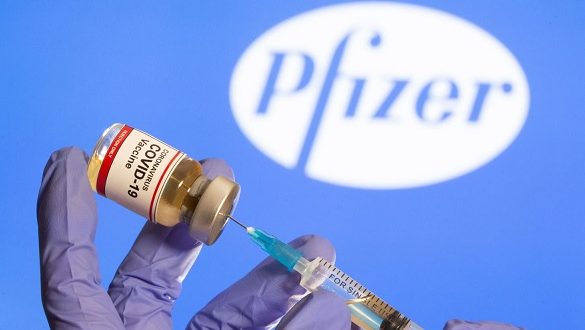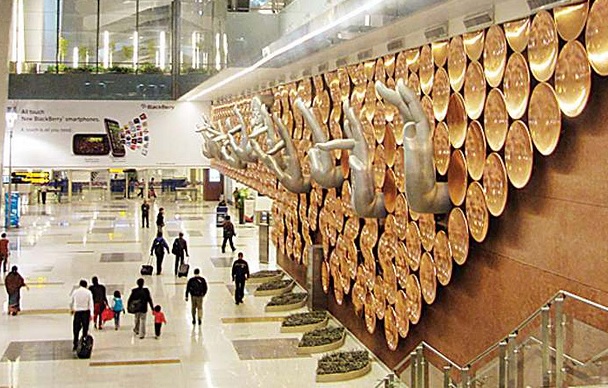As United Airlines started operating flights last weekend to carry the shipments of Pfizer’s Covid vaccine for distribution in India, Mumbai Airport which is the largest drug import and export gateway in India is preparing to have a dedicated Covid task force to handle the vaccine cargo at the airport.
A spokesperson for Mumbai International Airport Limited (MIAL) said that the task force will work and plan ahead with stakeholders such as supply chain partners, airline customers, regulatory and government agencies, vaccine distributors and more. The major challenges in handling cargo are management of temperature and consumption of time in transit.
Authorities of Mumbai airport are laying the groundwork to establish a digital dedicated medicine corridor connecting India with aviation hubs in the Middle East and Europe, with a view to speeding up the transportation and cold chain storage of the Covid vaccines for distribution in the country.
An official at MIAL has confirmed that a task force has been formed to handle the logistics of the cargo. The task force will work on temperature management and reduction of dwell time (the time that cargo containers stay in temporary storage facilities during transit, such as airports), with special and prior approvals from the regulatory authorities to ensure an uninterrupted cold chain for vaccine shipments from the production facility to the final distributor.
The airport is also planning to provide a dedicated and 24/7 customer service unit for the Covid-19 vaccine import and export consignment to handle customer inquiries, warnings and status updates.
Currently, Bharat Biotech, Moderna, Serum Institute of India, Pfizer and Zydus Cadila are conducting clinical trials of Covid vaccines. The government expects that once the drug regulatory agency is approved, consignment shipments will increase substantially.
Globally, the distribution of Covid vaccine will be one of the largest logistics tasks. The white paper released by DHL stated that in the first half of the year, managing the PPE supply chain was a major challenge for the entire region, given the surge in demand, factory shutdowns and a highly concentrated production footprint. To cover the world, pallet shippers may need to make 200,000 movements on 15,000 flights.
In addition to the scale of operations, there are other restrictions. For example, Pfizer has stated that its vaccine will need to be stored at minus 70 degrees Celsius. In the United States, United Airlines began shipping Pfizer vaccines in special suitcase-sized boxes, which were specifically designed to be packed in dry ice to keep the temperature at the necessary level.
The temperature-controlled Export Pharma Center at Mumbai Airport, covering an area of 4,000 square meters, has an annual processing capacity of 350,000 tons and has six cold storage rooms that can provide storage at 2 to 8 degrees Celsius. But Pfizer vaccine requires lower storage temperature.
 Indo Canadian News News That Matters
Indo Canadian News News That Matters






